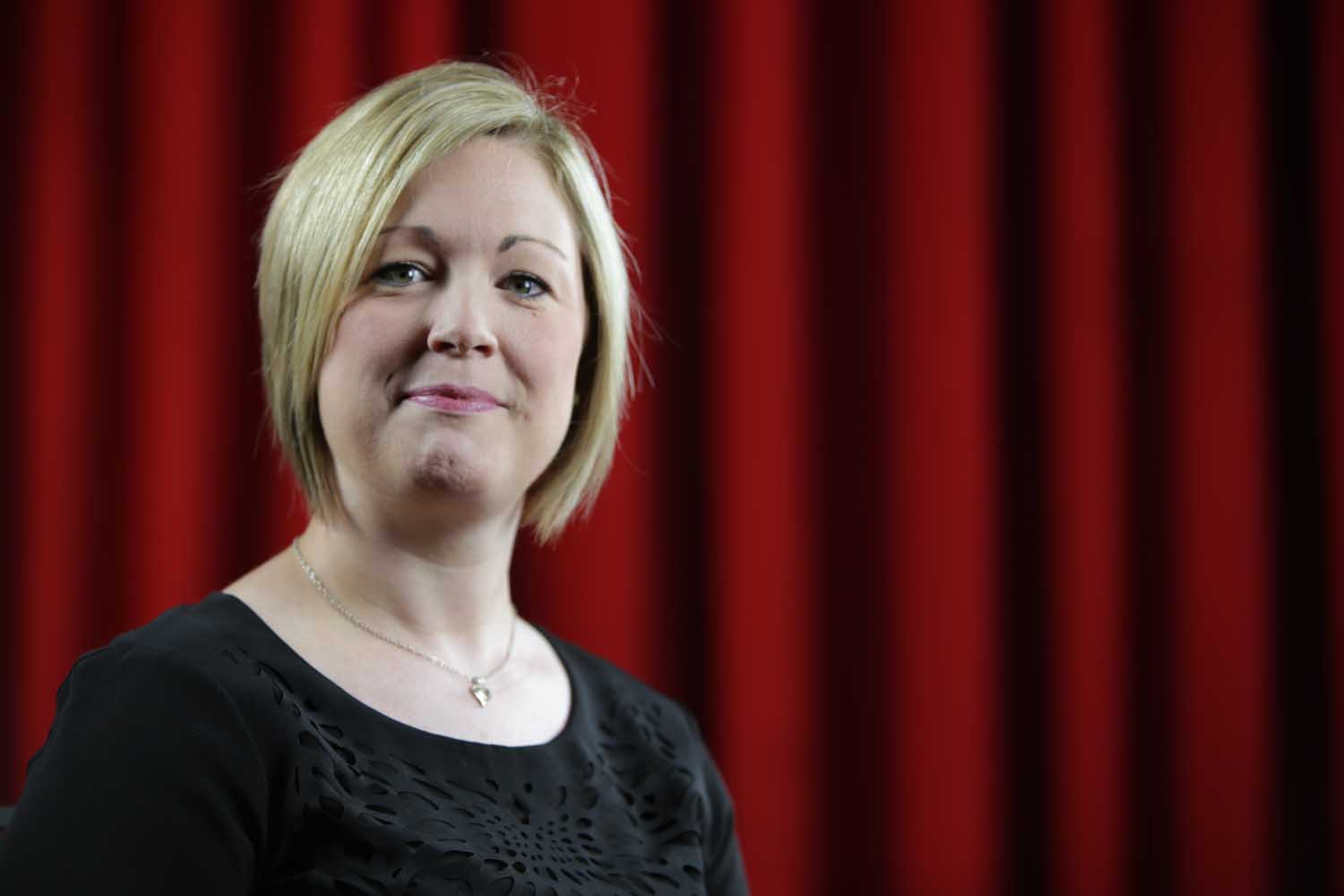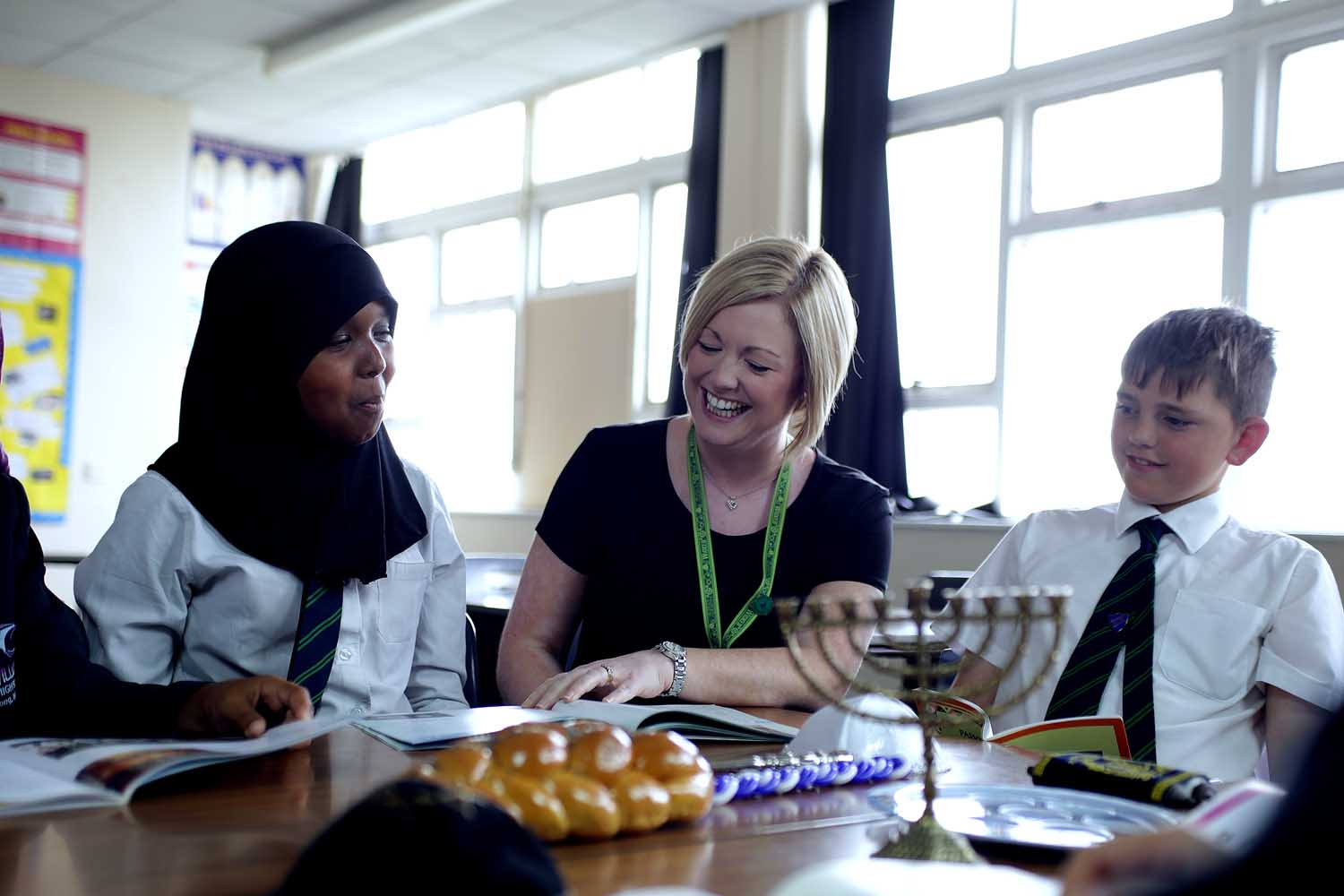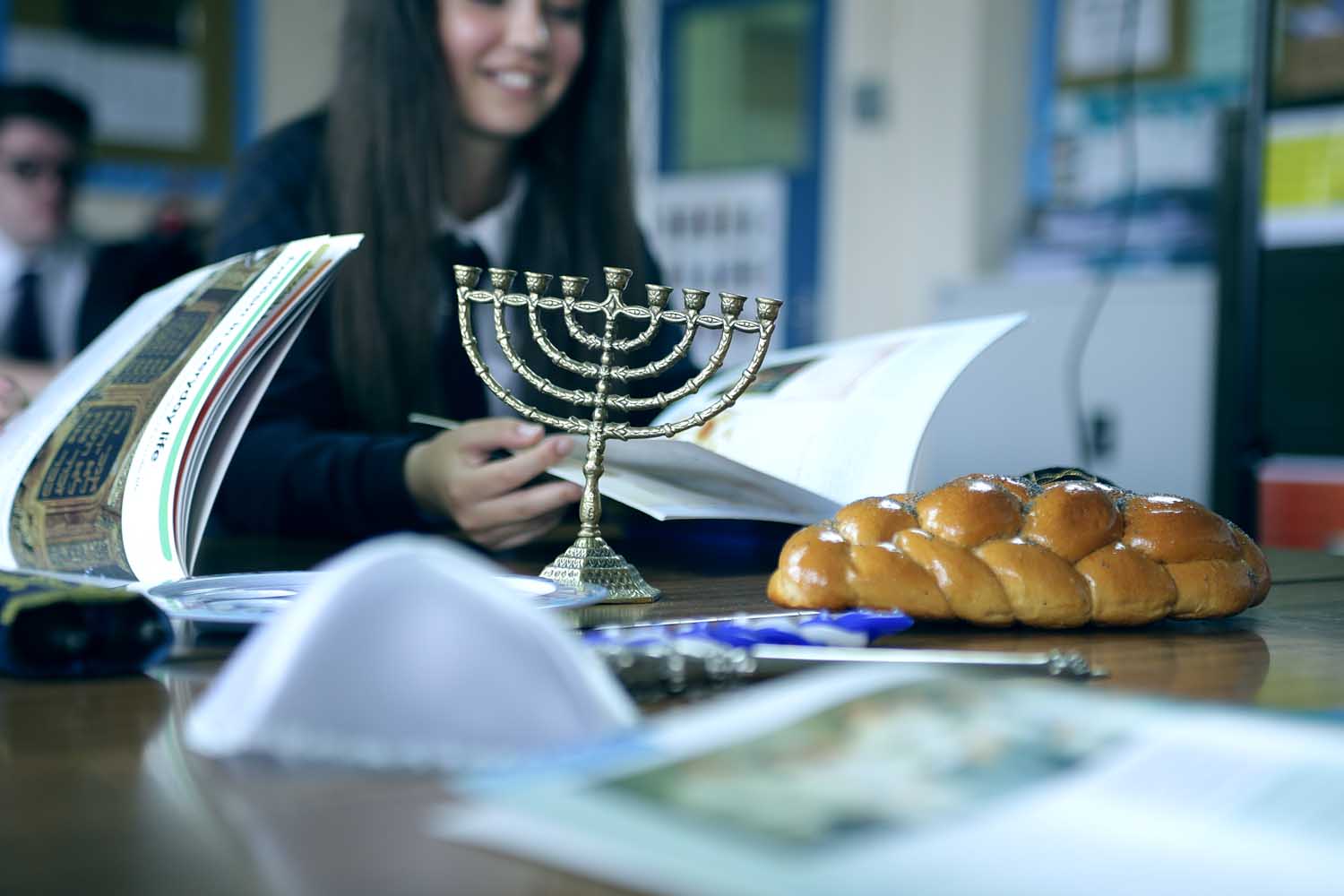The importance of religious education religious education develops pupils’ knowledge and understanding of, and their ability to respond to, Christianity and the other principal religions represented in Great Britain. By exploring issues within and across faiths, pupils learn to understand and respect different religions, beliefs, values and traditions (including ethical life stances), and their influence on individuals, societies, communities and cultures. RE encourages pupils to consider questions of meaning and purpose in life. Pupils learn about religious and ethical teaching, enabling them to make reasoned and informed judgements on religious, moral and social issues. Pupils develop their sense of identity and belonging, preparing them for life as citizens in a plural society. Through the use of distinctive language, listening and empathy, RE develops pupils’ skills of enquiry and response. RE encourages pupils to reflect on, analyse and evaluate their beliefs, values and practices and communicate their responses. RE does not seek to urge religious beliefs on pupils nor compromise the integrity of their own beliefs by promoting one religion over another. Pupils learn to articulate clearly and coherently their personal beliefs, ideas, values and experiences while respecting the right of others to differ. RE is not the same as collective worship, which has its own place within school life.

Louise Guilfoyle
”Share our similarities, celebrate our differences. - M. Scott Peck



Why is Religious Education Important?
What Will I Learn At Key Stage 3?
Throughout key stage 3 pupils will study many topics that will give them both a philosophical and ethical look into the major world religions and non religious belief , for example the beliefs of Humanists . The pupils journey of learning starts with a look into what religion is , why it is important to people and what it means to be religious. The journey continues into an in depth study into the people behind the religions , the celebrations that take place , journeys that are taken and the key moments in people lives. The KS 3 journey ends looking into more mature ,ethical themes relating to moral issues such as euthanasia and the death penalty , a study into people who have campaigned against prejudice and discrimination , how religions deal with death and the age old debate into religion verses science. This journey of learning provides our pupils with the skills and knowledge required to take the next steps of their learning journey into the study of RE at KS 4.
What Topics Are Covered At Key Stage 3?
In year 7 pupils will study:
- Autumn 1 – Meaning and Purpose
- Autumn 2 – Ancient world religions
- Spring 1 – Old Testament stories – Genesis
- Spring 2 – Old Testament stories – Exodus to Exile
- Summer 1 – New Testament: Jesus life and teachings
- Summer 2 – New Testament: Jesus in Jerusalem
In year 8 pupils will study:
- Autumn 1 – What is belief?
- Autumn 2 – What is worship?
- Spring 1 – Founders
- Spring 2 – Rites of passage
- Summer 1 – Festivals
- Summer 2 – Pilgrimage
In year 9 pupils will study:
- Autumn 1 – Prejudice and discrimination
- Autumn 2- Death and Beyond
- Spring 1 – Religion, war and peace
- Spring 2 – Evil and suffering
- Summer 1 – The sanctity of life
- Summer 2 – Religion and Science
How Will I Be Assessed At Key Stage 3?
Students are assessed during lessons and a formal assessment is done at the end of each unit of work. These assessments cover the two attainment targets ‘Learning about religions’ and ‘Learning from religion’. Each attainment target has been given three strands: Attainment target 1: Learning about religions Knowledge and understanding of religious beliefs and teachings; Knowledge and understanding of religious practices and lifestyles; Knowledge and understanding of ways of expressing meaning. Attainment target 2: Learning from religion Skill of asking and responding to questions of identity and experience; Skill of asking and responding to questions of meaning and purpose; Skill of asking and responding to questions of values and commitments.
What Will I Learn At Key Stage 4?
RE is compulsory at Key stage 4; however it is optional to take the full GCSE course. At Willows pupils will follow the WJEC GCSE specification of study. All candidates must study the two specified core beliefs/teachings and the two specified practices of Christianity and must also study the two specified core beliefs/teachings and the two specified practices of one other of the six main world religions. In Willows our second religion of study is the religion of Islam. The WJEC GCSE specification in religious studies provides opportunities for candidates to follow a course that is coherent and that balances knowledge of core beliefs, teachings and practices of at least two religions, with an understanding of how they can be applied to philosophical and ethical themes. WJEC GCSE Religious Studies takes a distinctive issues based approach to the study of religious, philosophical and ethical studies in the modern world. It provides opportunities for learners to understand more about the world, the religious challenges it faces and their place within it. Following this GCSE course will deepen understanding of religions and their effects on society. It will develop learners’ competence in a wide range of skills and approaches and enable young people to become religiously informed and thoughtful, engaged citizens. The specification will:
- – develop learners’ knowledge and understanding of religions and non-religious beliefs, such as atheism and humanism
- – develop learners’ knowledge and understanding of religious beliefs, teachings, practices, and sources of wisdom and authority, including through their reading of key religious texts, other texts, and scriptures of the religions they are studying
- – develop learners’ ability to construct well-argued, well-informed, balanced and structured written arguments, demonstrating their depth and breadth of understanding of the subject
- – provide opportunities for learners to engage with questions of belief, value, meaning, purpose, truth, and their influence on human life
- – challenge learners to reflect on and develop their own values, beliefs and attitudes in the light of what they have learnt and contribute to their preparation for adult life in a pluralistic society and global community
- – provide learners with the opportunity to study Welsh perspectives, which arise naturally from the subject matter, enriching learners’ understanding of the world around them.
Following this specification will enable learners to:
- – deepen their understanding of the relationship between people
- – become informed about common and divergent views within traditions in the way beliefs and teachings are understood and expressed
- – demonstrate knowledge and understanding of the fact that religious traditions of Great Britain are, in the main, Christian
- – understand that religious traditions in Great Britain are diverse and include the following religions: Christianity, Buddhism, Hinduism, Islam, Judaism and Sikhism, as well as non-religious beliefs, such as atheism and humanism.
What Topics Are Covered At Key Stage 4?
In year 10 pupils will study the beliefs and practices of:
Christianity covering:
- Beliefs – God and Jesus as God incarnate.
- Practices – Morality and the role of the church
Islam covering:
- Beliefs – The Nature of God and the Qur’an
- Practices – The five pillars of Sunni Islam and obligatory acts
Theme 1 – Issues of life and death covering: The world, The origin of human life and beliefs about death and the afterlife.
From the study of the areas above, learners will gain an understanding of the following concepts:
- afterlife
- environmental responsibility
- euthanasia
- evolution
- abortion
- quality of life
- sanctity of life
- soul
Theme 2: Issues of good and evil covering:
- Crime and punishment, forgiveness, Good, evil and suffering.
From the study of the areas above learners will gain an understanding of the following concepts:
- good/evil
- forgiveness
- free will
- justice
- morality
- pacifism
- conscience
- suffering
In year 11 pupils will study the beliefs and practices of:
Christianity covering:
- Beliefs:
- The Bible and the afterlife
- Practices:
- life’s journey and special places
Islam covering:
- Beliefs:
- Prophethood and the afterlife
- Practices:
- Muslim Identity and Ummah and festivals and commemorations.
Theme 1: Relationships covering:
- Relationships, sexual relationships and Issues of equality: gender prejudice and discrimination.
From the study of the above areas learners will gain an understanding of the following concepts:
- adultery
- divorce
- cohabitation
- commitment
- contraception
- gender equality
- responsibilities
- roles
Theme 2: Human rights covering:
- Human rights and social justice, prejudice and discrimination and issues of wealth and poverty.
From the study of the areas above learners will gain an understanding of the following concepts:
- censorship
- discrimination
- extremism
- human rights
- personal conviction
- prejudice
- relative and absolute poverty
- social justice
How Will I Be Assessed At Key Stage 4?
All pupils will sit a 2 hour exam at the end of year 10 and a 2 hour exam at the end of year 11. There is no coursework. Pupil progress will also be continuously assessed throughout the course.
What Facilities Does The Department Have?
The department has a large library of books and lots of artefacts from each of the main world religions. All classrooms within the department also have interactive whiteboards and visualisers used to support pupils learning.
What Extra Curricular Activities Are There?
GCSE RE revision support available to all key stage 4 pupils after school once a week. The department also runs a Kindness club once a week for all pupils.
Online Resources
Key stage 3
https://www.bbc.co.uk/teach/ks3-religious-studies/z72qf4j
https://www.bbc.co.uk/bitesize/levels/z4kw2hv
Judaism
https://kids.kiddle.co/Judaism
https://kids.britannica.com/kids/article/Judaism/353327
Islam
https://kids.britannica.com/kids/article/Islam/353307
Sikhism
https://kids.britannica.com/kids/article/Sikhism/353772
https://www.sikhnet.com/stories
Hinduism
https://kids.kiddle.co/Hinduism
https://kids.britannica.com/kids/article/Hinduism/353249
Christianity
https://kids.kiddle.co/Christianity
https://kids.britannica.com/kids/article/Christianity/352957
Buddhism
https://kids.kiddle.co/Buddhism
https://buddhismforkids.net/facts.html
Humanism
https://kids.britannica.com/students/article/humanism/274981
Key stage 4 – GCSE
https://www.wjec.co.uk/qualifications/religious-studies-gcse/
https://www.bbc.co.uk/bitesize/subjects/zb48q6f
https://revisionworld.com/gcse-revision/rs-religious-studies